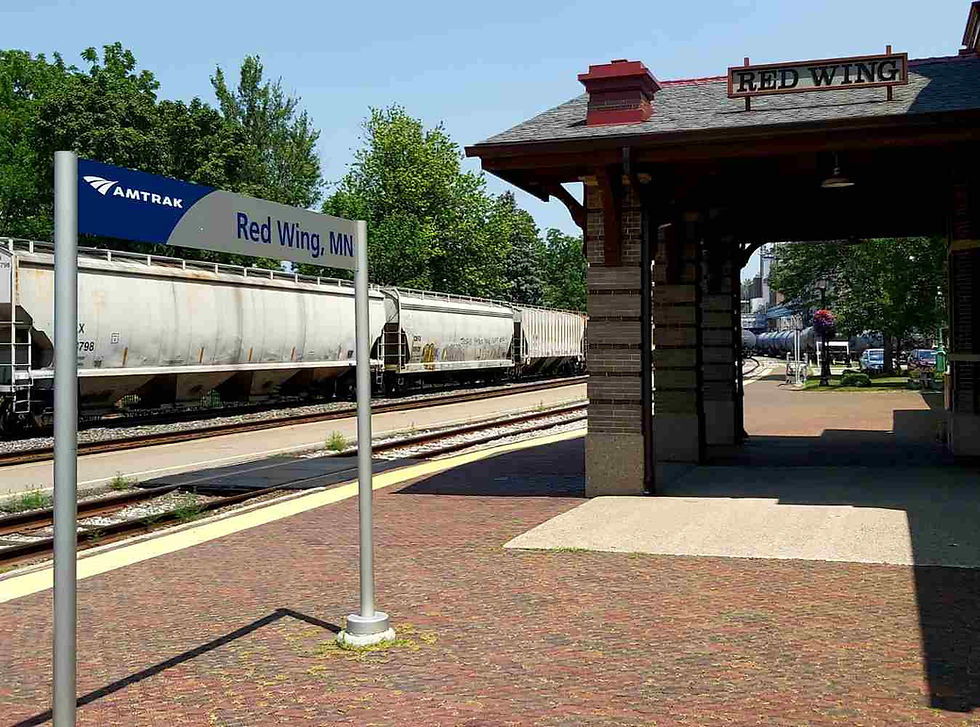England: Royal Albert Hall, London
- Matthew P G

- Oct 13, 2025
- 2 min read

September 2014
The Royal Albert Hall was built on what was once the Gore estate, at the centre of which stood Gore House. The three acre estate was occupied by political reformer William Wilberforce between 1808-1828 and subsequently occupied between 1836-1849 by the Countess of Blessington and Count D’Orsay. After the couple left for Paris in May 1851, the house was opened as the ‘Universal Symposium of All Nations’, a restaurant run by the first celebrity chef, Alexis Soyer, who planned to cater for the Great Exhibition in Hyde Park. After the exhibition and following the advice of Prince Albert, Gore House and its grounds were bought by the Exhibition’s Royal Commission to create the cultural quarter known as Albertopolis.
...
29 March 1871 Official Opening of the Royal Albert Hall of Arts and Sciences
HRH The Prince of Wales declared the Hall officially open on behalf of his mother HM Queen Victoria, who was present but too overcome with emotion to speak as she was reminded of her late husband, Prince Albert, who had died a decade earlier, never having seen the Hall named in his honour.
At the peak of the British Empire and Victoria's reign, the Royal Albert Hall was opened. I was excited even to walk in front of it because it hosted one of my favorite programs, "The Proms"
The BBC Proms is an eight-week summer season of daily orchestral classical music concerts and other events held annually, predominantly in the Royal Albert Hall in central London. Robert Newman founded The Proms in 1895. Since 1927, the BBC has organised and broadcast The Proms. Each season consists of concerts in the Royal Albert Hall, chamber music concerts at Cadogan Hall (or occasionally other venues), additional Proms in the Park events across the UK on the Last Night of the Proms, and associated educational and children's events. Recently, concerts have been held in additional cities across different nations of the UK, as part of Proms Around the UK. The season is a significant event in British culture and in classical music. Czech conductor Jiří Bělohlávek described the Proms as "the world's largest and most democratic musical festival". Prom is short for promenade concert, a term which originally referred to outdoor concerts in London's pleasure gardens, where the audience was free to stroll around while the orchestra was playing. In the context of the BBC Proms, promming refers to the use of the standing areas inside the hall (the Arena and Gallery) for which ticket prices are much lower than for the seating. Proms concert-goers, particularly those who stand, are sometimes referred to as "Prommers" or "Promenaders".
(Wikipedia)
I have watched many famous Proms performances over the years of both classical and contemporary music on TV and later on YouTube. It is one of my favorite music festivals mainly because it doesn't seem to take itself too seriously (yet remains extremely professional and organized). At the close of each season, the orchestra performs "Rule Britannia" with an audience sing-a-long which is broadcast nationwide (for a sing-a-long as well). Even America's July 4th pales in comparison to that outpouring of patriotism.
Rule Britannia....



Comments